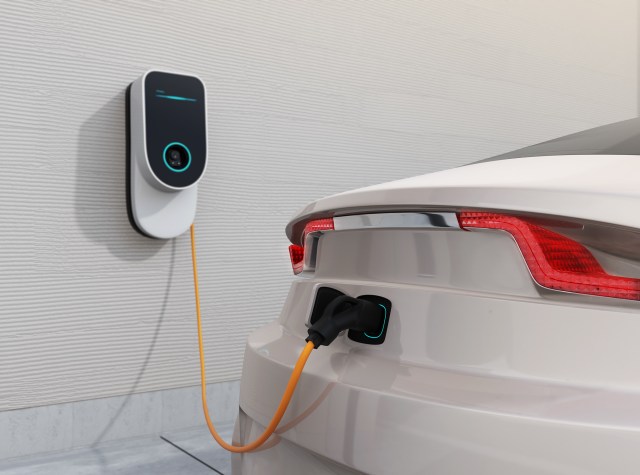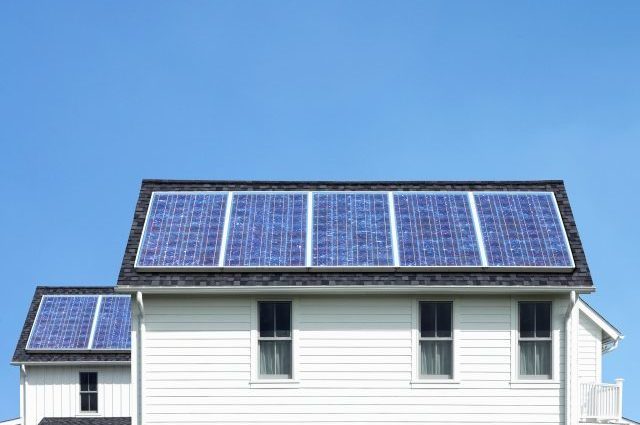
The Inflation Reduction Act of 2022, which became a federal law in August, addresses topics such as clean energy and taxes on large corporations. But it also contains changes that could benefit individual taxpayers. So how can the Inflation Reduction Act impact you? We looked to the experts at TaxAct to find out.
Clean-Energy Tax Credits
The Inflation Reduction Act includes clean-energy tax incentives and rebates for people who make more environmentally friendly choices for their homes. This could include installing energy-efficient windows, doors, HVAC systems and even green sources of energy, like solar panels. You can check to see if your home improvement plans are covered here. Some of the new and expanded tax credits in this category include the Energy Efficient Home Improvement Credit, the Residential Clean Energy Credit and electric vehicle tax credits.
The electric-vehicle tax credits now include any “clean vehicle,” like electric vehicles, plug-in hybrids and hydrogen fuel cell vehicles. It also includes used electric vehicles purchased after 2022. If you’re looking for more information on electric vehicles, we have everything you need to know about EVs right here.

Increases in IRS Funding
The IRS is receiving a boost in funding of about $80 billion over the next 10 years. It’s intended for the IRS to hire more employees and modernize its old computer systems. According to TaxAct, individuals who earn less than $400,000 should now be less likely to be audited, due to system improvements.
Extension of the Affordable Care Act Subsidy Program
Part of the Inflation Reduction Act extends the Affordable Care Act subsidy program through 2025. This program offers premium tax credits to low- and middle-income households, which are federal subsidies designed to help them afford health insurance coverage. The premium tax credit is a refundable tax credit. Under this extension, you can claim the premium tax credit if your household exceeds 400% of the poverty line and you meet all other qualifications. You are also eligible if your cost of health insurance premiums exceeds 8.5% of your household taxable income.
Need some help with all the tax changes coming up? AAA members can save 25% on state and federal filings with TaxAct.
This article is for informational purposes only and is not financial advice.


















